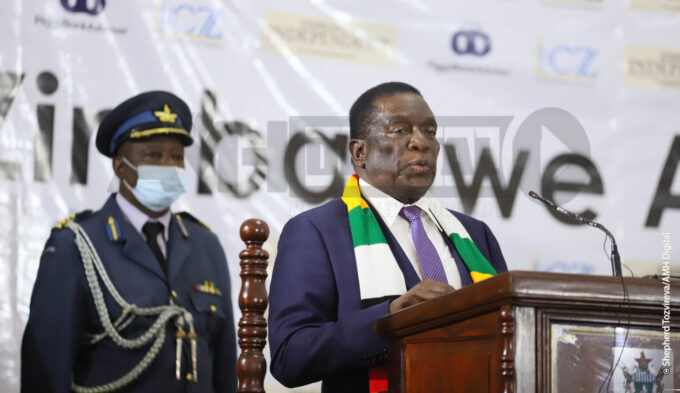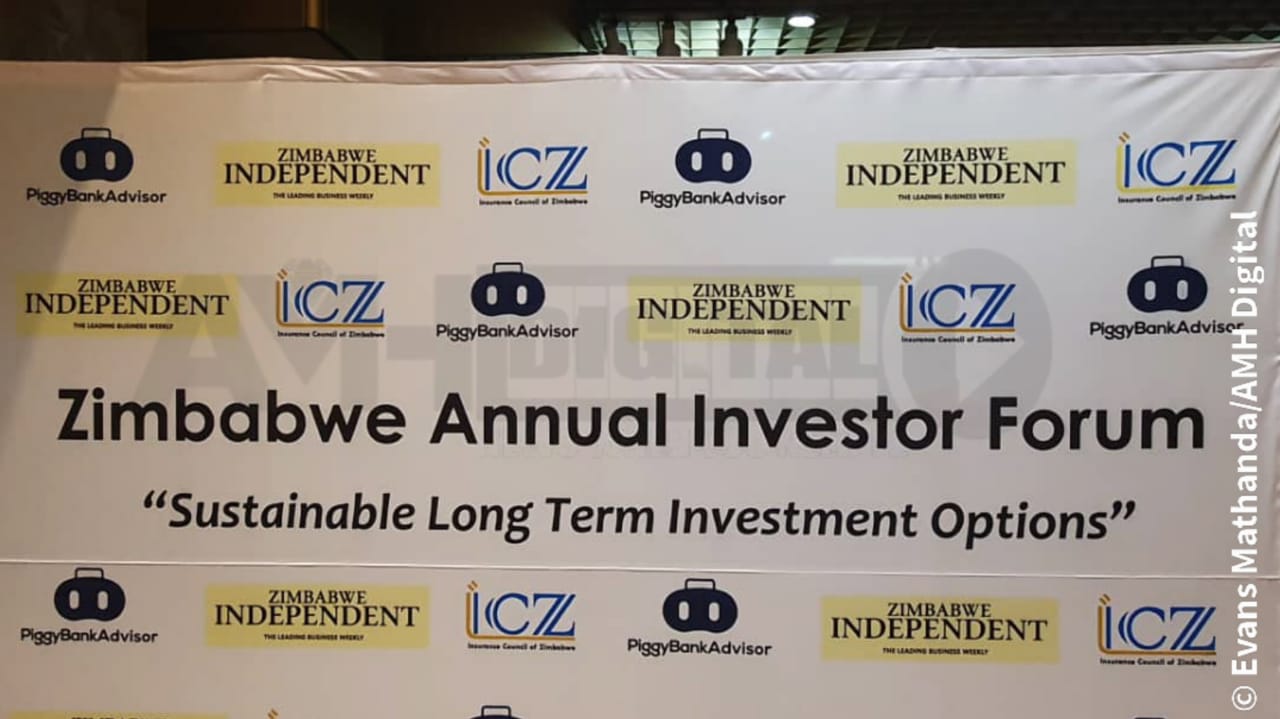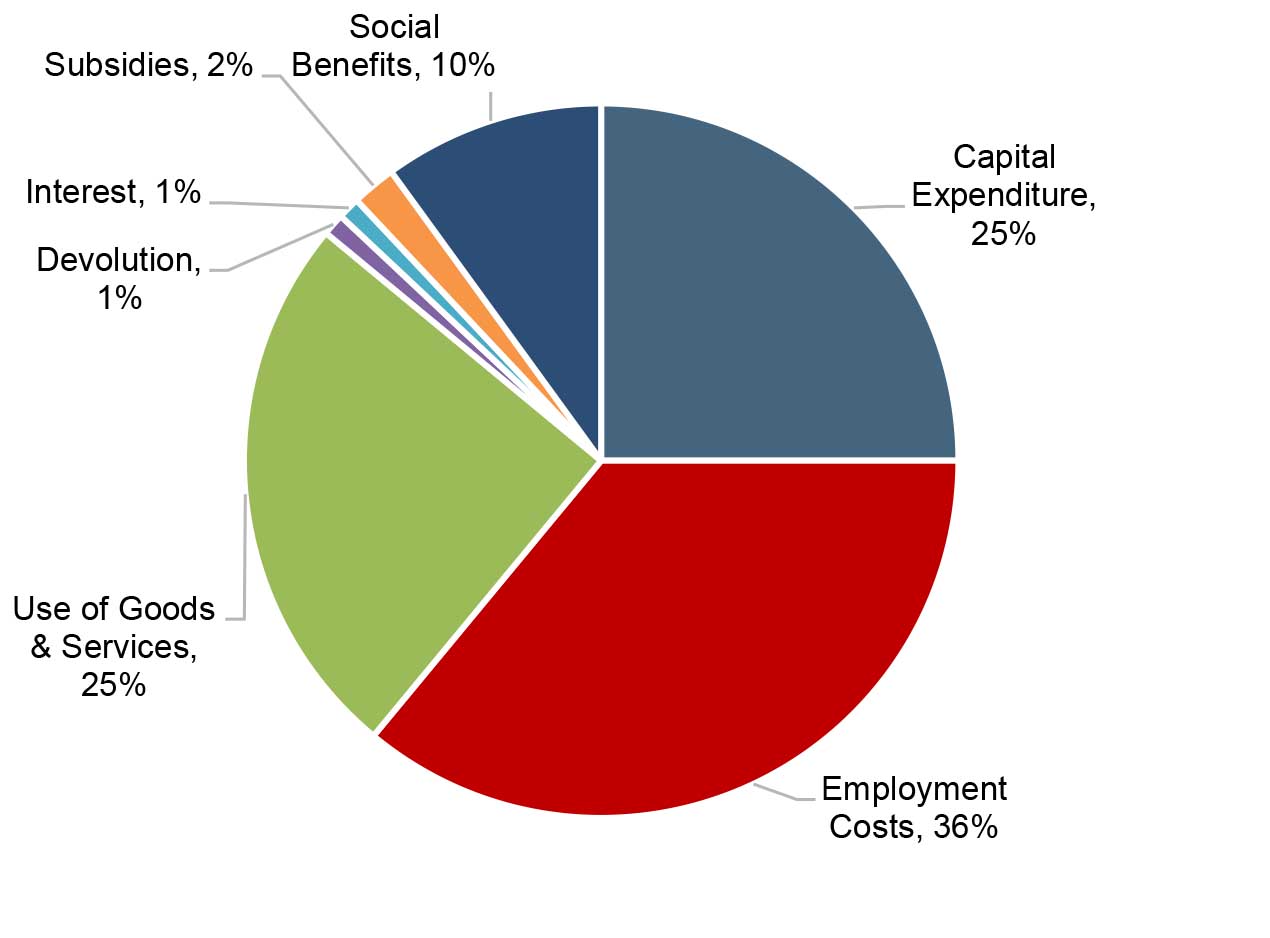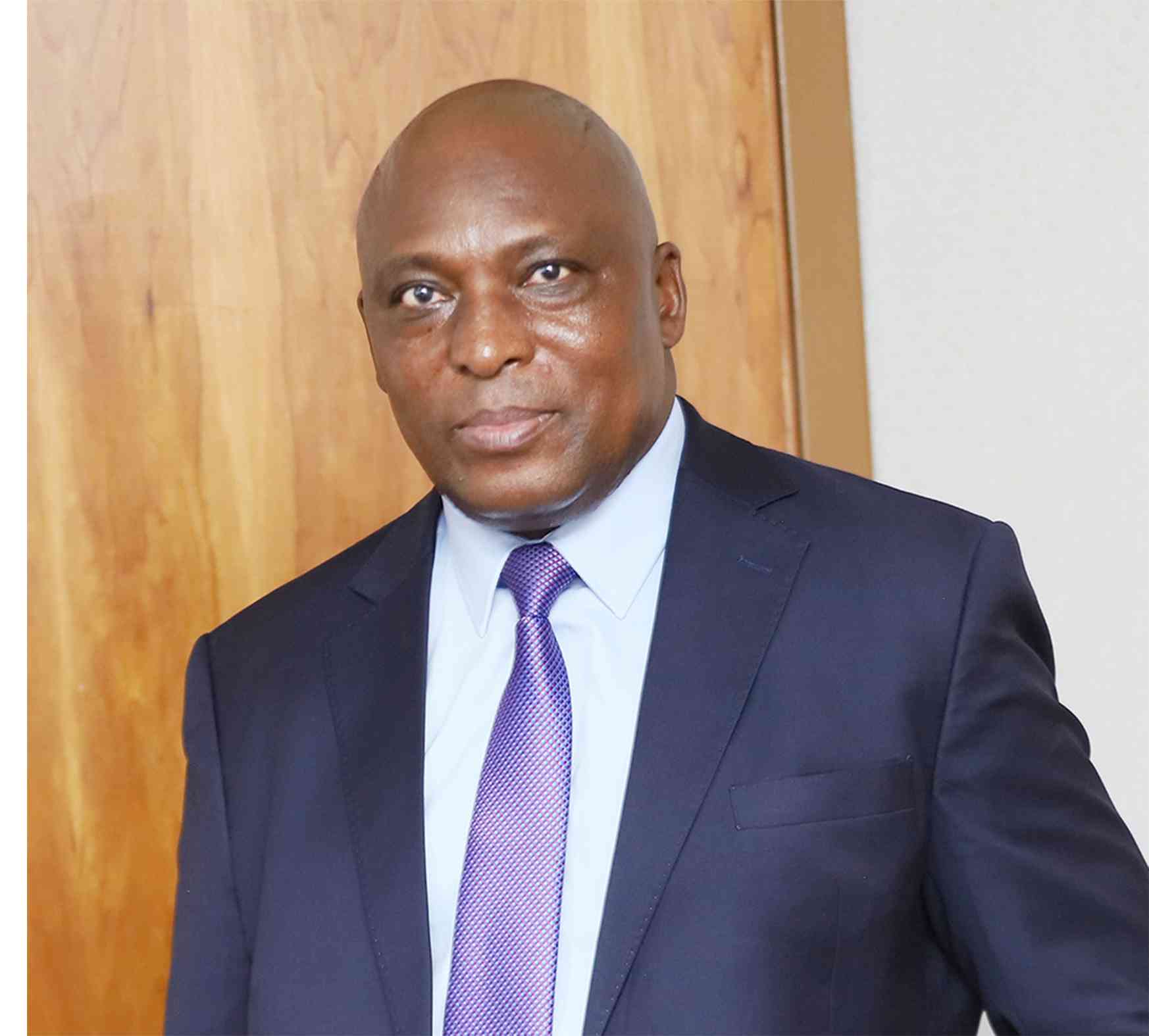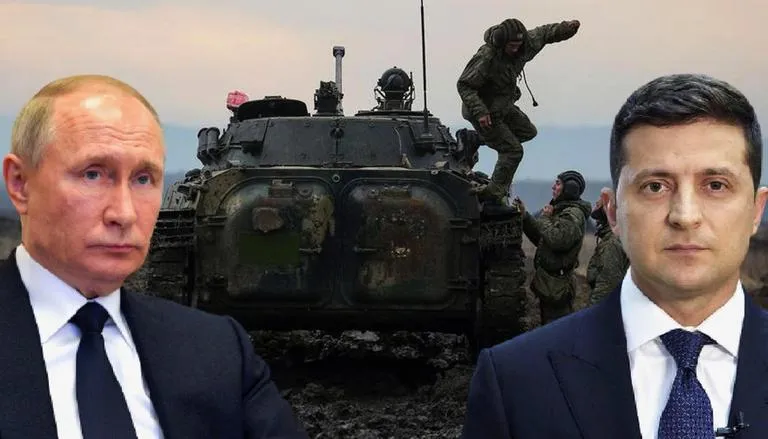
SYDNEY KAWADZA THE Zimbabwean government has refused to be dragged into the Russia-Ukrainian conflict, calling for dialogue between the warring countries.
Foreign Affairs and International Trade ministry chief director Raphael Faranisi said Zimbabwe will not be involved in the conflict while responding to calls by European Union (EU) envoy to Zimbabwe Timo Olkkonen for the government to condemn Russia over the Ukraine war.
Faranisi was speaking during Europe Day festivities held in Harare recently.
Zimbabwe has, on several occasions, refused to condemn Russia, opting to abstain especially on United Nations (UN) platforms. Addressing the gathering, Olkkonen called on the Zimbabwean authorities to join European countries in condemning Russia in its war against Ukraine.
“Whatever one might think of the cause and origin of the war, the blatant violations of international law, the attack and occupation of an independent state and the atrocities perpetrated by the Russian military over the past two months should surely be enough to warrant a clear call of “Stop It! No more”! I have noticed that Zimbabweans are largely oblivious to the oppressive and aggressive nature of the Soviet Union and Russia as its proclaimed successor.
“We should recognise that our perceptions of history differ. It shows we still have a lot to learn from each other, between Europe and Africa,” Olkkonen said.
He added that various EU member states suffered under Soviet occupation and rule amid fears of Russian interference and aggression. “The global economic consequences of the war will be severe; we are already witnessing a rise in the prices of food, fuel and fertilisers. A blame game will start. Western sanctions, a familiar narrative in Zimbabwe, will be targeted as a reason for the crisis,” Olkkonen said.
He said there was a lot of disinformation and misinformation adding that the truth will always come out.
- Chamisa under fire over US$120K donation
- Mavhunga puts DeMbare into Chibuku quarterfinals
- Pension funds bet on Cabora Bassa oilfields
- Councils defy govt fire tender directive
Keep Reading
“There might be perceptions that Zimbabwe would not have benefited from the multilateral order as it emerged after the cold war,” Olkkonen said.
“There is talk of a new world order. The alternative that is on offer, however, is one of a rise in autocracy, the unchecked use of military might, the redrawing of internationally recognised boundaries by force, and all this with the cost of human lives. All this is a return to the bad old days of the 1930s and 1940s. Surely this cannot be a future Zimbabwe hopes for.”
In response, Faranisi reiterated Zimbabwe’s stance calling for dialogue between the warring parties.
“It will not be comfortable and extremely unfair to discuss another country on such a day when we celebrate the hallmarks of peace and development but suffice to say as Zimbabwe we don’t support any war anywhere,” he said.
“Wars bring suffering to people and we have called [for talks] and our position is well-known. Our position is clear, that war must stop. People have to sit down, use the diplomatic route that is provided through various international organisations and as Zimbabwe we pay tribute to those leaders who have been courageous to try to bring the two sides to the negotiating table.
“We are fully supportive of any efforts that will be made to bring that war to an end. There will always be differences but our principled stance cannot be shaken,” Faranisi said.
He also defended Zimbabwe’s reform programme.
“I just wish to put it on record that in terms of reforms that we have carried out, the challenge is I just want you to give me three, four, five countries on our continent that have really done better than us,” Faranisi said.
“I believe, and unashamedly so, that we have done a lot. Yes, there will be areas of deficit, yes, there will be challenges but what we would wish for is for people to walk with us. For those who have been closely following developments in Zimbabwe, we are on that reform trajectory and it’s not reversible,” he said.
In March, Zimbabwe was among the 35 countries that abstained from voting against Russia when the United Nations General Assembly met over the Russia-Ukraine conflict.


